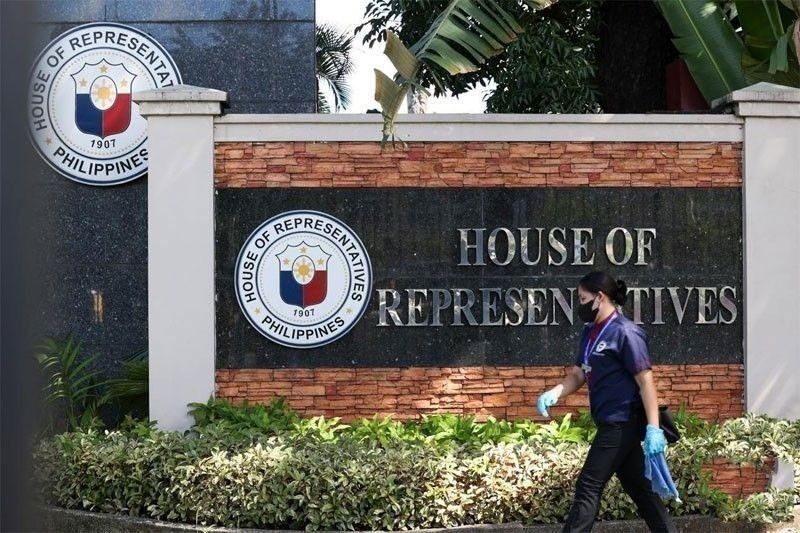House optimistic Senate will pass Cha-cha in May

MANILA, Philippines — Administration lawmakers in the House of Representatives are pinning their hopes on their Senate counterparts to pass the economic Charter change bill before Congress goes on recess on May 24.
Rep. LRay Villafuerte of the National Unity Party is banking on what he describes as the assurance given by Senate President Juan Miguel Zubiri to pass the Resolution of Both Houses 6 (RBH6).
This should set the tone, Villafuerte said, in eliminating “anachronistic economic provisions that continue to spook investors despite the Philippines’ trademark as one of Asia’s best-performing economies pre- and post-pandemic.”
“The utter failure of our country to attract the enviable level of foreign direct investment inflows enjoyed by our Southeast Asian neighbors is proof enough that our constitutional restrictions on foreign participation in local businesses is a deal-breaker for overseas investors,” he pointed out over the weekend.
“Senate President Migz (Zubiri)’s announcement about his chamber fast-tracking the release of a panel report on RBH6 to make way for plenary deliberations on it in May, is certainly a welcome development,” Villafuerte added.
Should this promise be fulfilled, then this certainly “boosts the prospects for the 19th Congress to soon come up with a bicameral push for constitutional reform to finally open wide our economy to foreign investors.”
Senators, however, have said they see no reason to rush Cha-cha, especially after a Pulse Asia survey showed an overwhelming 88 percent of Filipinos against it.
The earliest that senators see RBH6 being passed, if at all, is October this year, with the plebiscite on any changes to be ratified alongside the midterm elections in May 2025.
House hits Pulse poll
The sheer absence of questions in the latest Pulse Asia survey about the merits of an economic Charter change should “enrage” senators too since the Senate’s RBH6 and the House’s RBH7 are almost identical, lawmakers said.
“Senate President Migz and his fellow authors of RBH6 should be similarly enraged by Pulse Asia’s framing of the questions since it also made a mockery of their measure,” House Deputy Majority Leader Jude Acidre remarked.
Administration lawmakers raised a howl over the manner by which survey questions were framed, with House Deputy Majority Leader Janette Garin observing the reputable pollster made it like a “chopsuey” where non-economic queries were raised, and included issues that were not taken up.
“It’s like inviting a Muslim friend to lunch or dinner, but without telling him the menu or food on the table will be pork,” she said, hinting there could have been a hand behind the survey results.
Meanwhile, a majority of young students and community leaders who joined a recent consultative session in Bangsamoro Autonomous Region in Muslim Mindanao (BARMM) are in favor of amending the Charter’s economic provisions.
“We’re OK with foreign investors because (of its) benefits to the people... because we are opening employment. The more we generate employment, we stop combat and (end) poverty,” said Abdul Abedin III of Mindanao State University.
Responding to claims that the Philippines should first look inward, Abedin said: “If we focus on what is in the Philippines, we don’t create employment, we don’t strengthen tourism. We are open to investments (and) to enhance tourism,” he added.
He cited the experiences of Malaysia, Singapore, the United Arab Emirates and BARMM, which opened up their economies to foreign investments.
- Latest
- Trending































